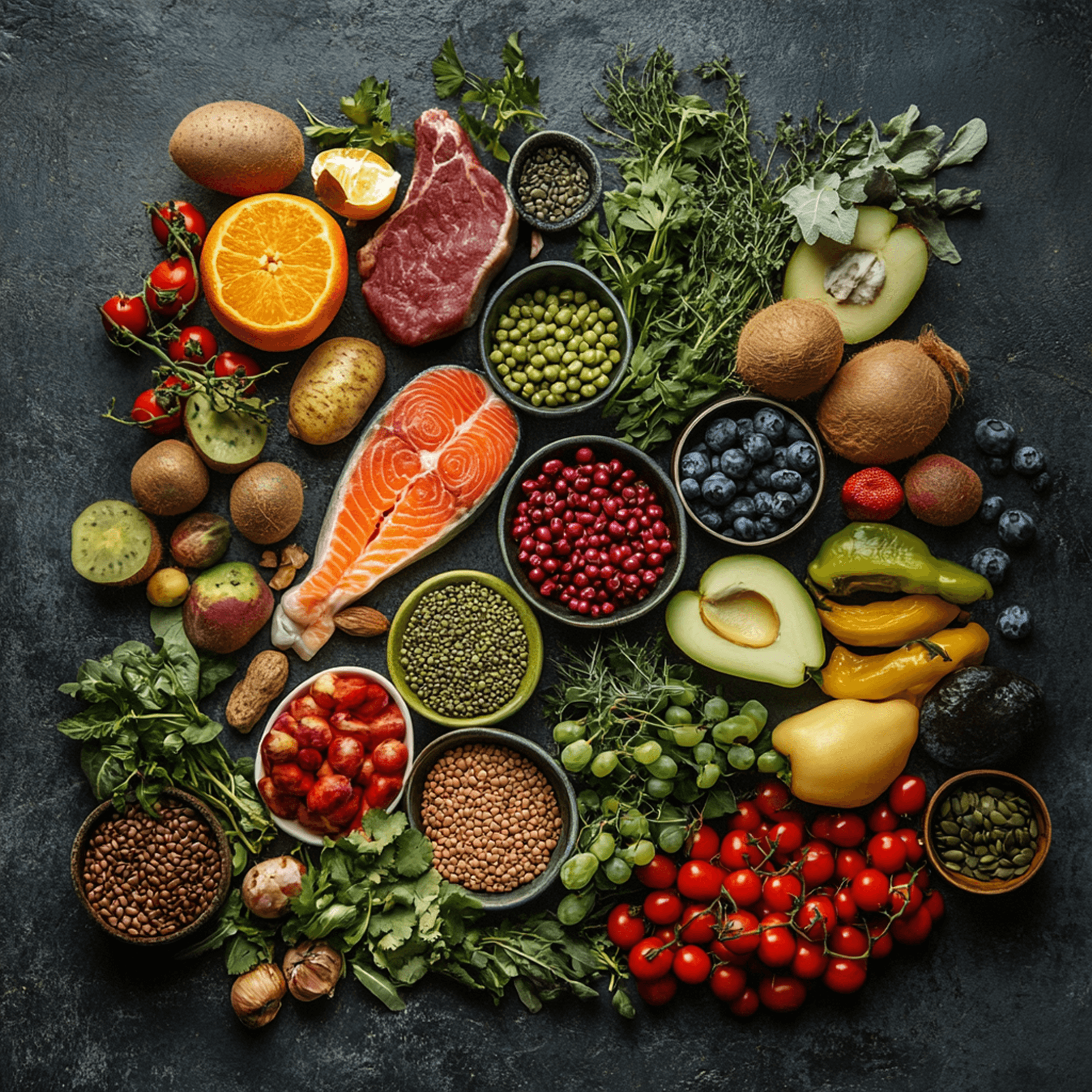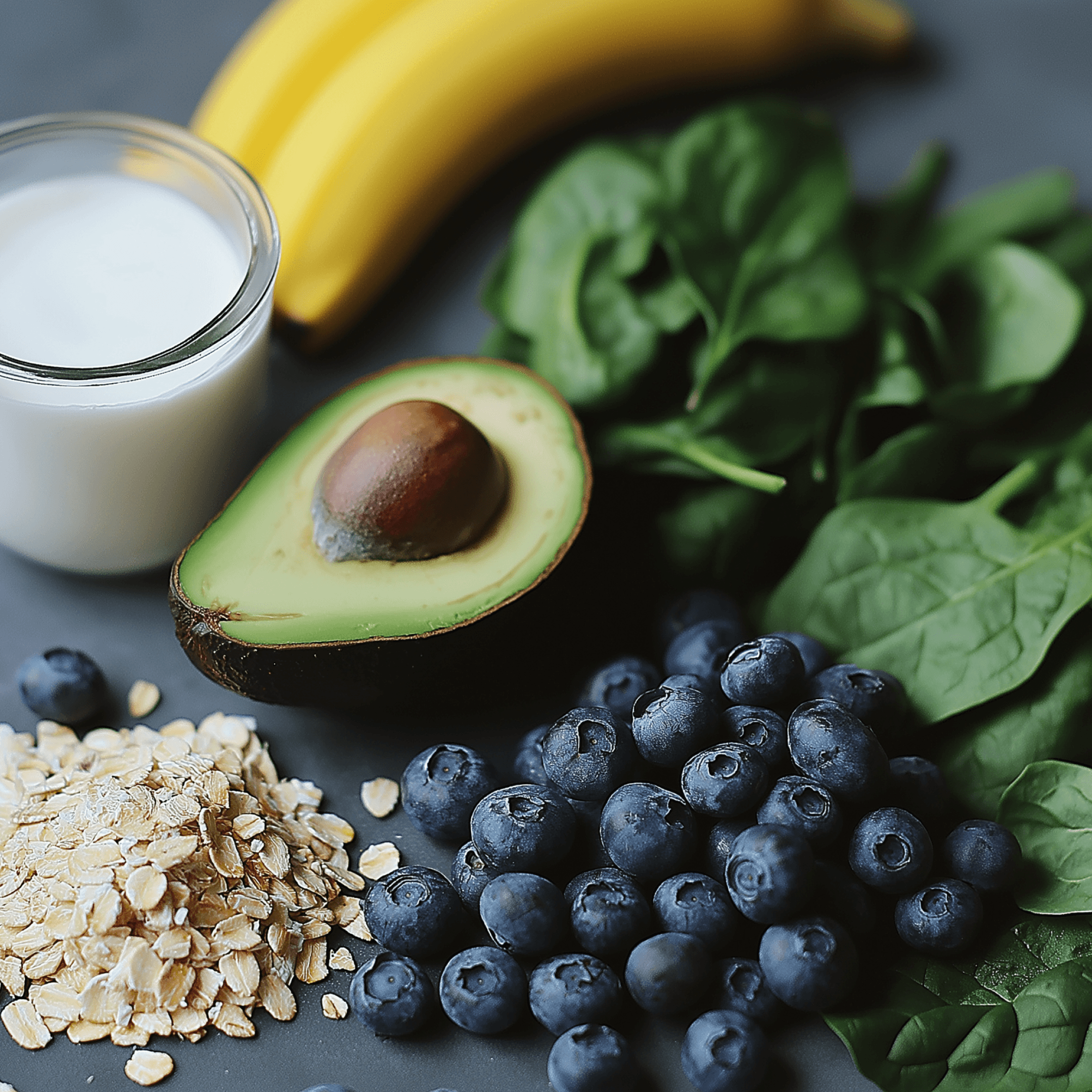View all articles
What’s the Best Diet for Fat Loss and Long-Term Results?
Mar 26, 2025
Written By
John Schaefer
Reviewed By
Paul Winsper, Chief Science and Performance Officer, AlterMe

Related posts

John Schaefer | May 30, 2025
Make Weekends Work for Fat Loss Without Giving Up Fun
Weekends don’t have to derail your fat loss goals. Learn how small swaps, short walks, and protein-first choices can keep you on track without giving up fun, food, or flexibility.

Adam Gray-Hayward | May 21, 2025
The Truth About Belly Fat and What You Can Actually Do to Lose It
Targeting belly fat with crunches or supplements does not work. Sustainable fat loss requires a calorie deficit, balanced nutrition, strength training, and daily habits that reduce body fat and improve long-term health.

John Schaefer | May 15, 2025
5 Easy Smoothie Recipes to Boost Energy Recovery and Everyday Nutrition
Explore easy smoothie recipes to boost energy, recovery, and gut health. Discover how to build balanced smoothies that support long-term nutrition and performance.
You Deserve to Feel Amazing.
AlterMe is your personalized path to real, lasting change—no guesswork, no extremes. Just science-backed results that fit your life. AlterMe is more than a plan—it’s your guide to lasting results. Start your transformation today and see what’s possible.